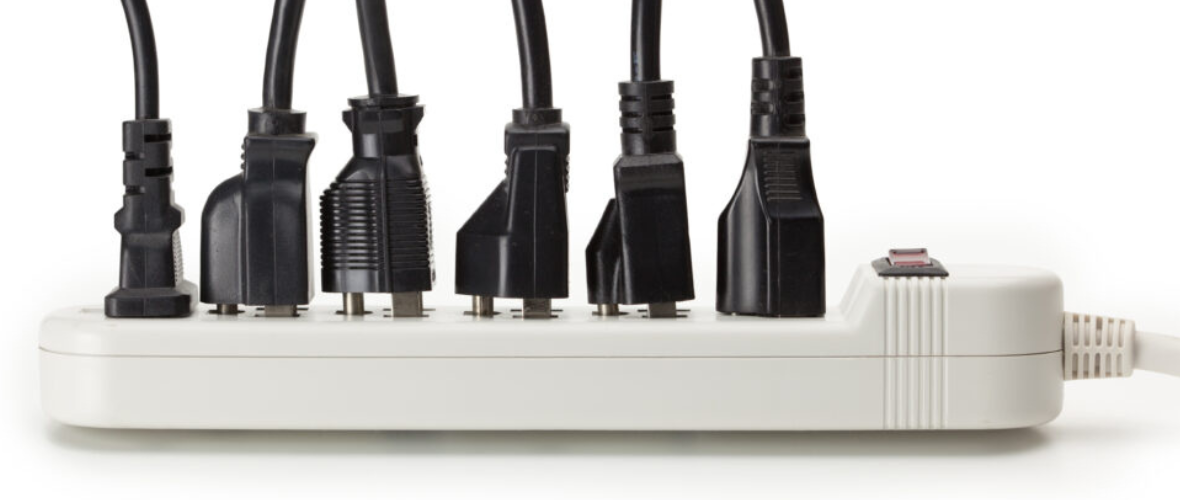
The Plug Load Energy Testing to Inform Codes & Standards project, funded by the California Energy Commission, sought to identify energy efficiency opportunities in noncovered plug load devices to inform future codes and standards. The project was conducted by the California Energy Alliance and its partners, and it targeted commercial office equipment, residential networking equipment, and laboratory equipment. The project’s primary objectives were to identify devices with the highest potential for cost-effective energy savings, develop standardized test procedures to quantify their energy use, and model the impact of potential codes and standards recommendations to estimate statewide energy savings.
The outcomes of the Plug Load Energy Testing to Inform Codes & Standards project include detailed recommendations for codes and standards improvements, supported by comprehensive analyses and modeling. These findings provide a robust dataset for future adoption through codes and standards. The California Energy Commission can leverage these insights to initiate new appliance standards rulemakings starting in 2026, while utility incentive programs and local sustainability efforts can also benefit.
Overall, the Plug Load Energy Testing to Inform Codes & Standards project has laid the groundwork for significant improvements in energy efficiency for plug load devices, aligning with California’s goals of promoting energy efficiency, reducing environmental impact, and ensuring economic development. The project’s outcomes offer a pathway toward more efficient use of plug load devices, benefiting both consumers and the environment.
